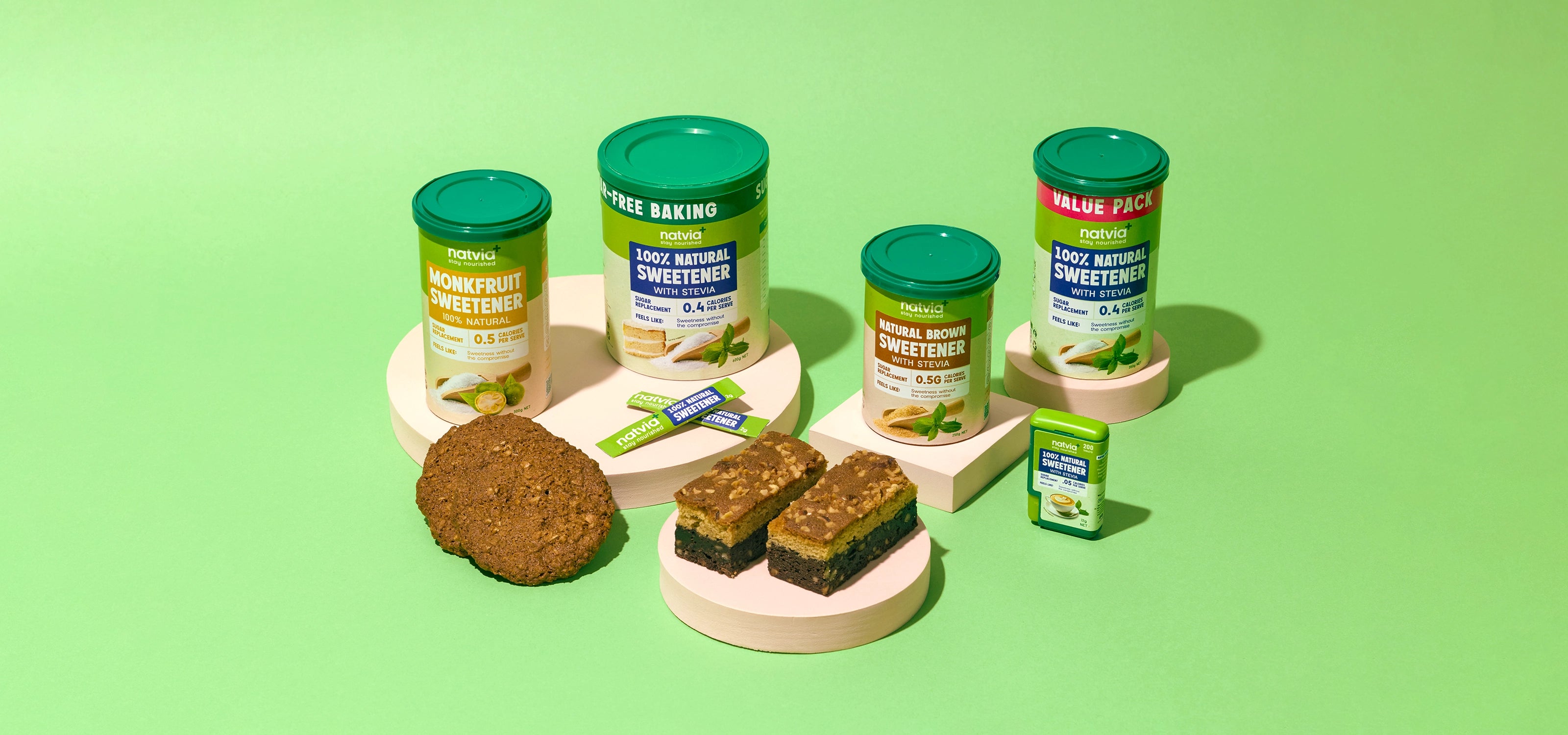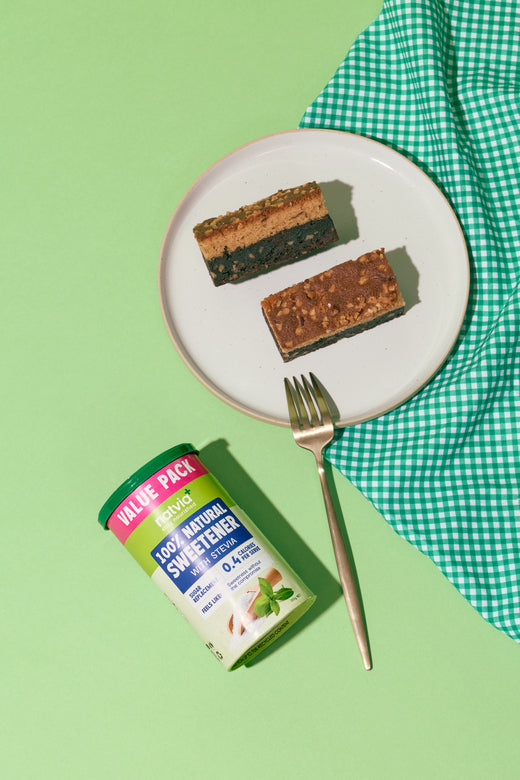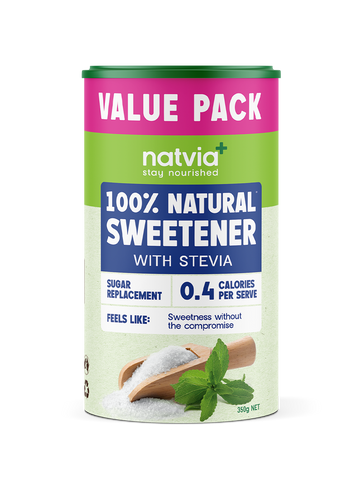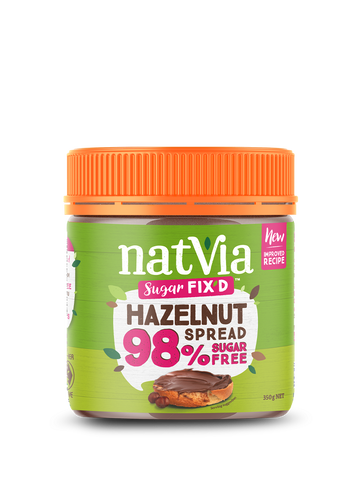
At Natvia, our purpose is simple: to help you stay nourished
We know nourishment goes far beyond what’s on your plate. It’s a daily commitment to your whole self. True nourishment fuels your body, uplifts your mood, and fills your every day with more joy.
Being healthy doesn’t mean giving up the foods you love, following rigid routines, or downing a cabinet full of supplements. You don’t need more rules or pressure. You need smarter, simpler choices. That’s why we make it easy to enjoy the foods you already love, just made better, so you can nourish yourself without the hard work.
For over 16 years, we’ve helped people break up with sugar without breaking up with sweetness. Our natural sweeteners have earned a trusted place in pantries worldwide. But that was only the beginning. Today, we’re going further, creating crave-worthy snacks, indulgent spreads, and delicious drinks; all boosted with functional ingredients designed to support your body, mind, and mood.
What we stand for...
Natvia is redefining what it means to live well. Wellness shouldn’t feel like a chore and nourishment should never come at the cost of joy. That’s why we create feel-good, functional foods that support your whole self and fit effortlessly into your day. From how it tastes to how it makes you feel, everything we do is designed to help you thrive, naturally.
Nourishment = Whole Wellbeing
We believe true nourishment goes beyond what’s on your plate. It’s about fuelling your body, uplifting your mood, and living with more energy, joy, and ease. Every product is crafted to support your whole self, from gut to glow.
Swap Smart. Feel Better
Wellness shouldn’t feel like hard work. Natvia makes it easy to upgrade your everyday favourites with functional, better-for-you swaps. No added sugar, real benefits, no overwhelm. Just simple, nourishing choices that fit your life.
Big Flavour. Zero Compromise
Let’s be honest: nobody sticks with a health kick that tastes like a chore. We know the secret to staying nourished and loving every mouthful is bold, irresistible flavour. We’re here to make eating well feel like a delicious indulgence, not a compromise.
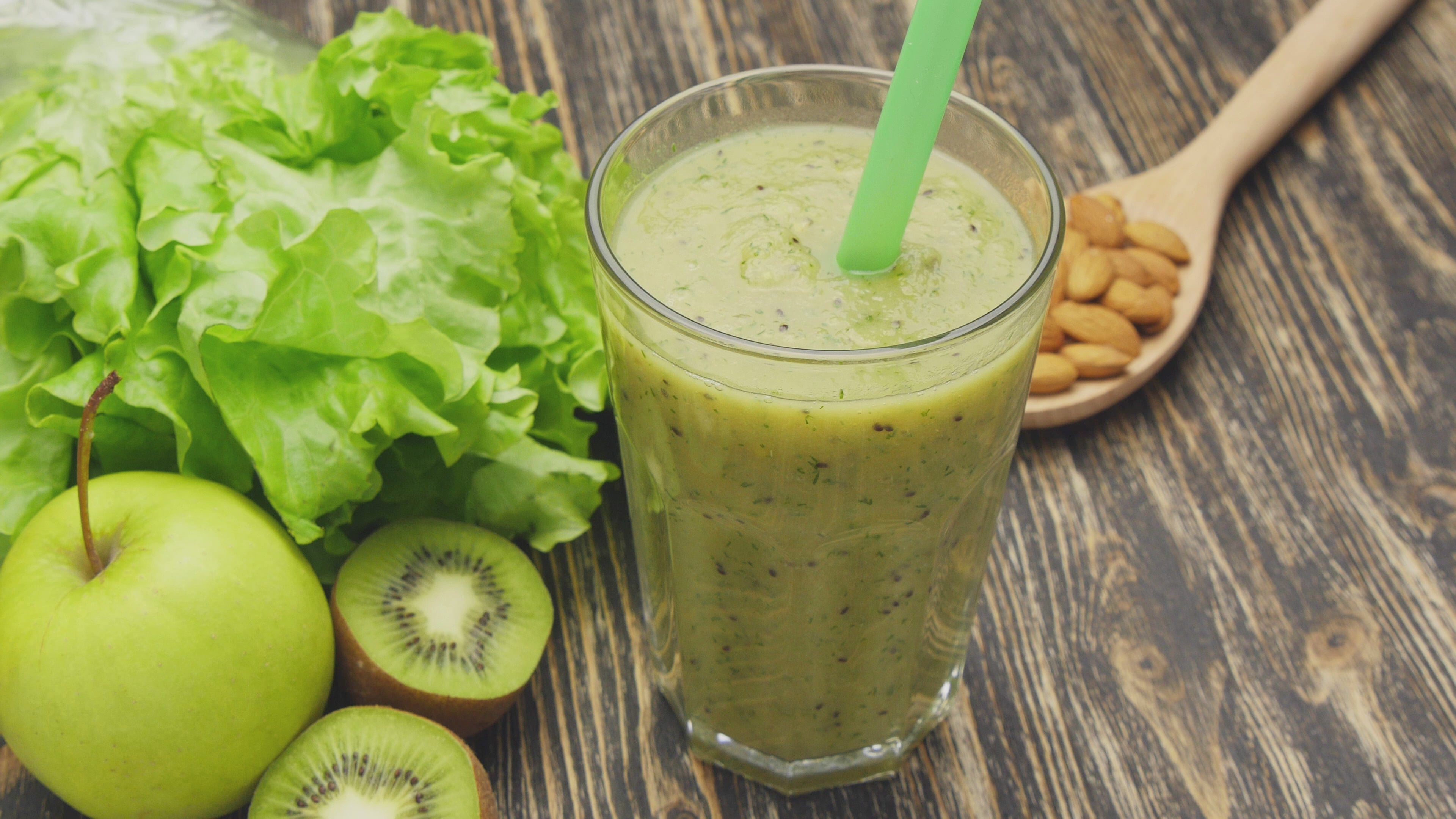
Feel-Good Foods for Every Moment
From natural sweeteners to no-added-sugar spreads, toppings, and gut-friendly snacks, our range is crafted to make healthy living deliciously simple.
Discover Our Natural Sweeteners
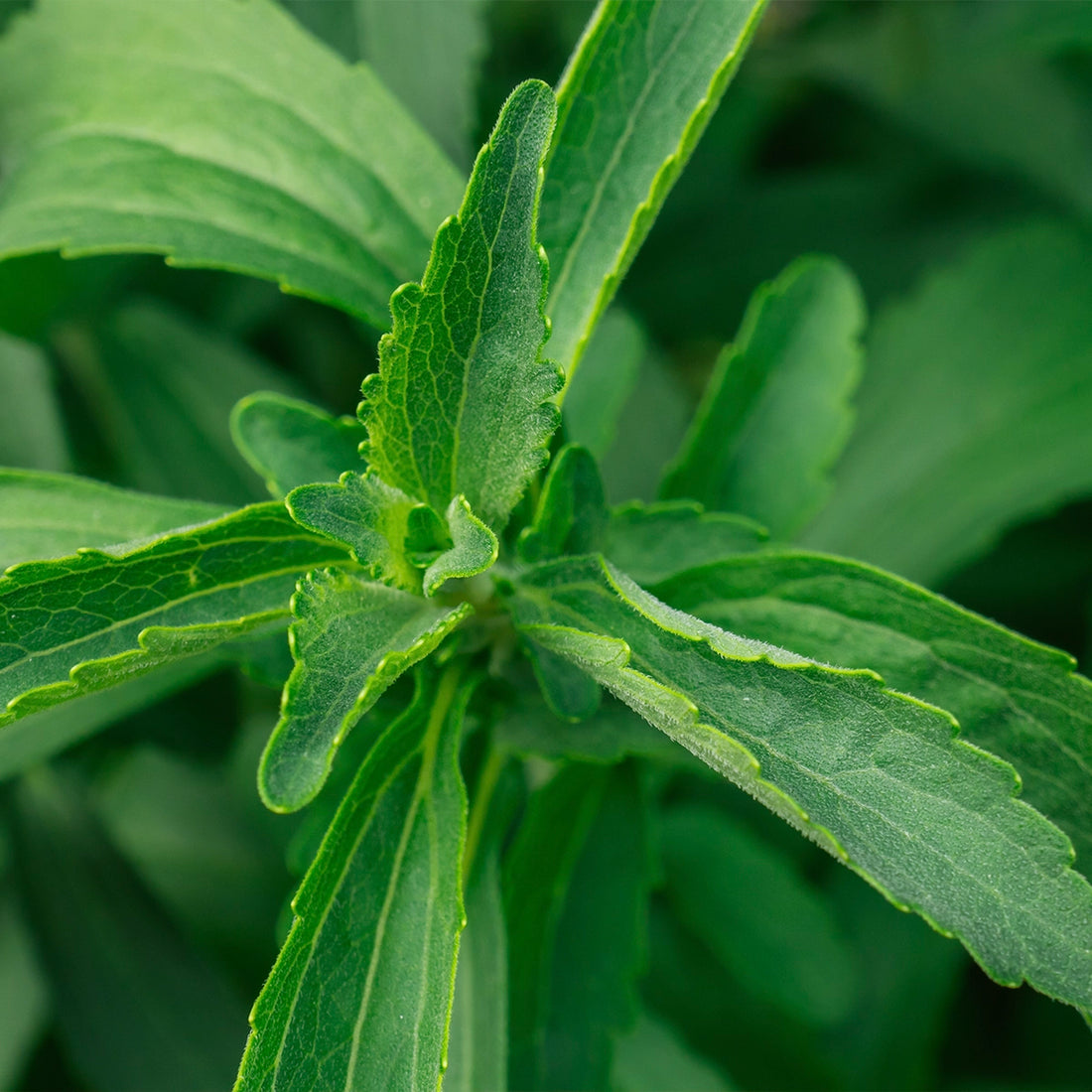
Stevia
Stevia comes from the leaves of a South American plant, prized for delivering sweetness without sugar or calories. Learn how this plant-based sweetener fits perfectly into balanced, healthy living.
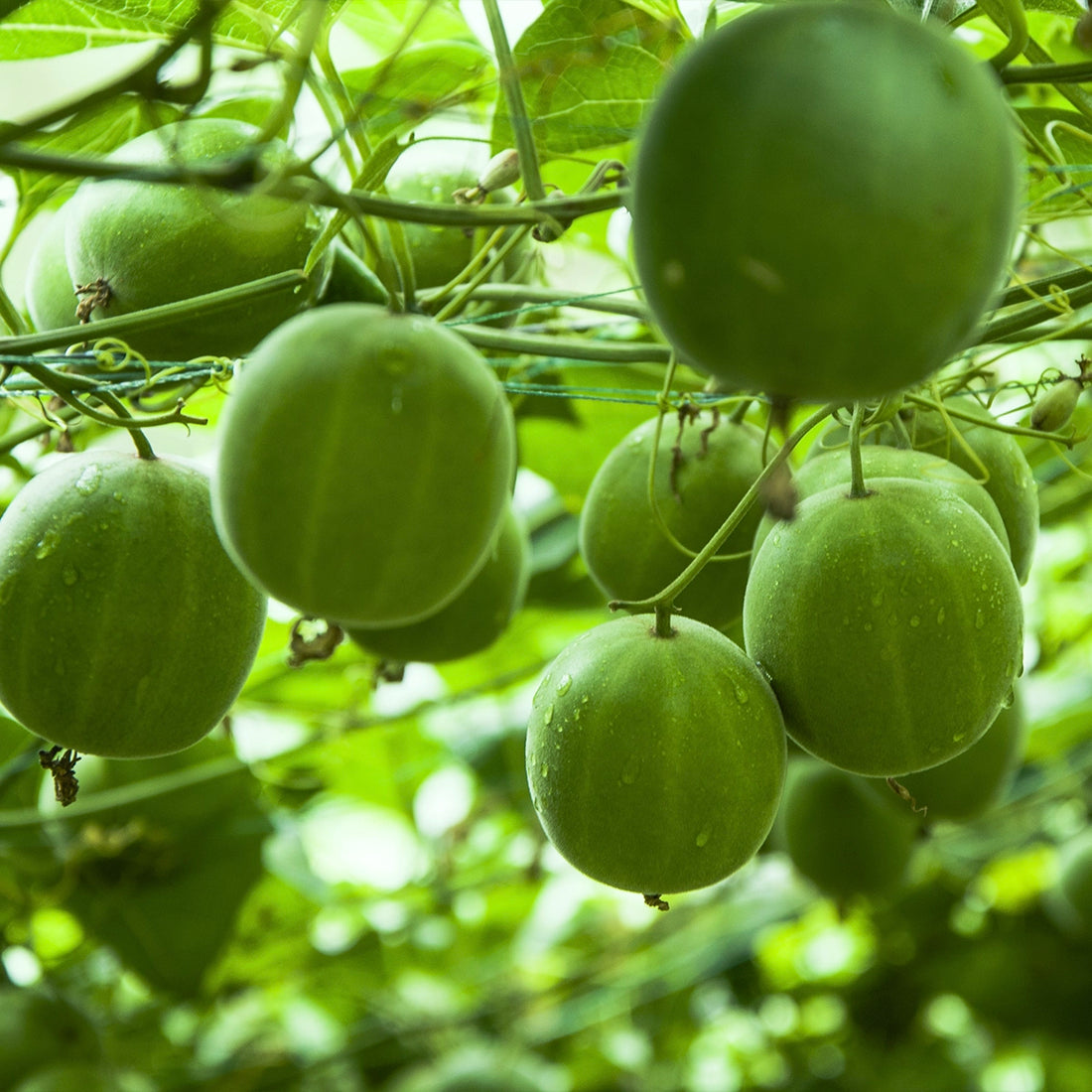
Monk Fruit
Monk fruit, a small melon from Southeast Asia, is treasured for its intense natural sweetness and long history in traditional medicine. Explore how this remarkable fruit provides sugar-free sweetness with zero calories.
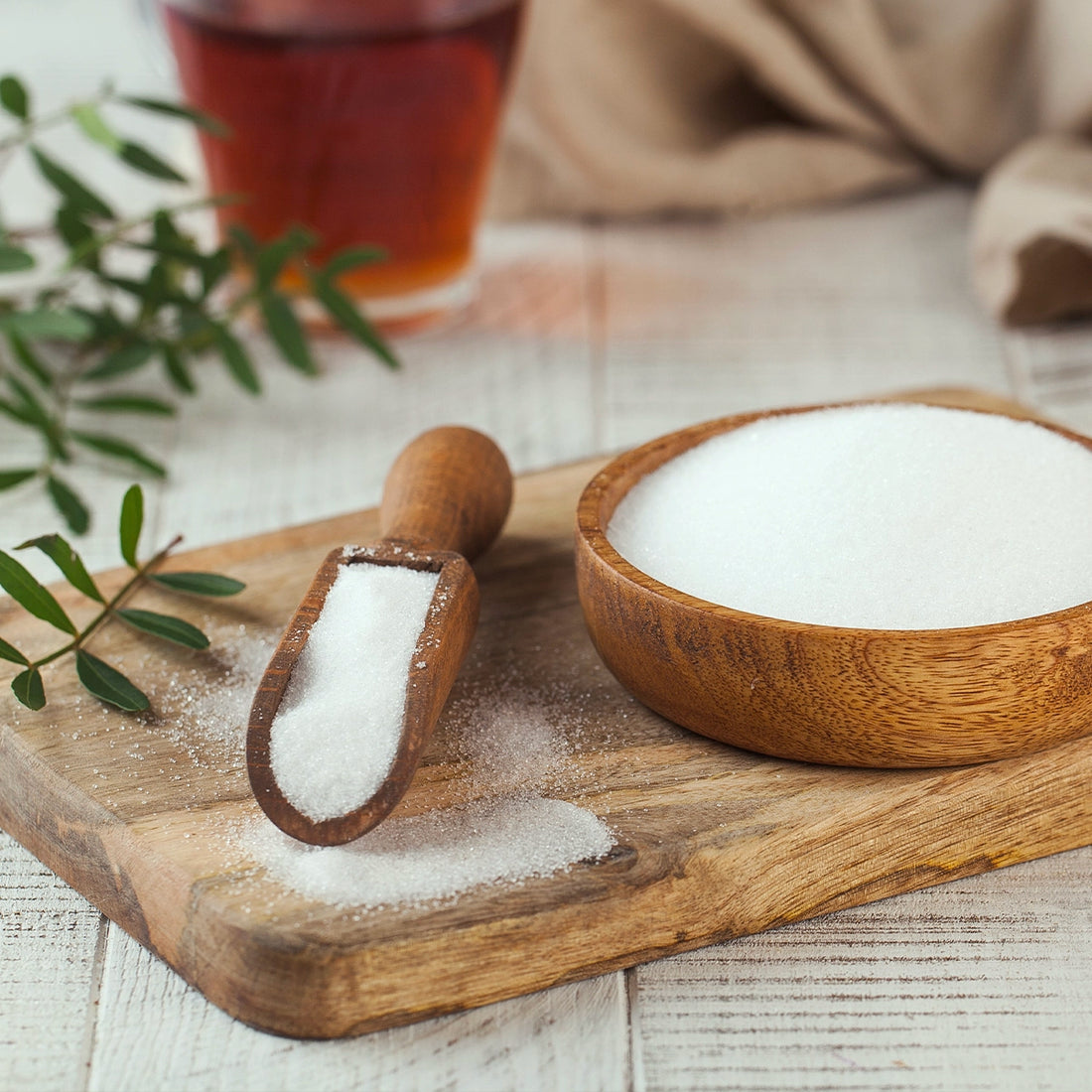
Erythritol
Erythritol is a naturally occurring sweetener found in fruits like pears and grapes, offering sweetness without calories or sugar. Discover how this gentle sugar alcohol can help support healthier choices while tasting just like sugar.
Real Stories from Our Community
Jess
"I switched to Natvia a few months ago and honestly, I don’t miss sugar at all. I use it in my coffee every morning, and it tastes amazing, no weird aftertaste!"
Ruth
"So yummy! I use it with fruit, on toast, to make a choc dip or just straight from the jar. You'll love it too"
K.L
"Calming chocolate fast but a nice slight botanical lavender flavor. Great just before bed"
We Make Healthy Shopping Easy
Customer Service
Feel free to reach out, and we’ll get back to you as soon as possible
Fast Free Shipping
Get free shipping on orders of $100 or more
Subscribe and Win
Subscribe to our Newsletter and get 15% off your next purchase
Secure Payment
Your payment information is processed securely


